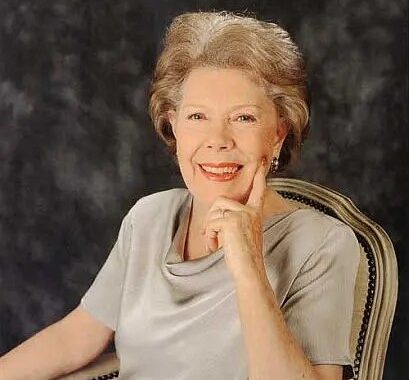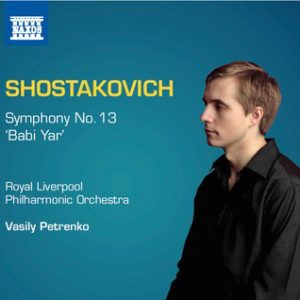Renée Fleming, Barbican Hall (Review)
 Building a memorable solo recital is an art in itself – that we know – but personalising it so precisely to your vocal character that it’s hard to imagine other voices even contemplating such a programme, now that is real artistic ingenuity. Renée Fleming said it herself as she charmingly set us up for her second encore – words to the effect of “We’ve had a lot of Sachertorte this afternoon, time for a sorbet.” She knows her voice and the effect it has on us. We were, of course, in Vienna (even the Barbican platform was bathed in a rosy light) and her hugely challenging programme not only embraced five of the city’s most gifted sons but had us reassessing once more how their considerable talents fed into each other and achieved the kind of ethos that defines the sound and smell of an era. Only Strauss was conspicuous by his absence but his spirit resides in Fleming’s voice which is irrefutably one of the great Strauss voices of our time.
Building a memorable solo recital is an art in itself – that we know – but personalising it so precisely to your vocal character that it’s hard to imagine other voices even contemplating such a programme, now that is real artistic ingenuity. Renée Fleming said it herself as she charmingly set us up for her second encore – words to the effect of “We’ve had a lot of Sachertorte this afternoon, time for a sorbet.” She knows her voice and the effect it has on us. We were, of course, in Vienna (even the Barbican platform was bathed in a rosy light) and her hugely challenging programme not only embraced five of the city’s most gifted sons but had us reassessing once more how their considerable talents fed into each other and achieved the kind of ethos that defines the sound and smell of an era. Only Strauss was conspicuous by his absence but his spirit resides in Fleming’s voice which is irrefutably one of the great Strauss voices of our time.
Fleming – so defined by her iconic album The Beautiful Voice – is not just a beautiful and distinctive voice. There are the trademark portamenti (a touch of what we came to know and love as the Leontyne Price “croon” in those), the suspenseful weightlessness of the floated top, the eternal spinning of sound – but Fleming has grown into much more of a storyteller with words related to sound in ways that would have been surprising a few years back. The extraordinary Schoenberg setting “Jane Grey” was its own operatic monodrama exhibiting thrilling resolve and elegiac restraint. And that wonderful song from Mahler’s Rückert-Lieder – “Ich bin der Welt abhanden gekommen” – found extraordinary repose in the final stanza with Fleming doing that Janet Baker thing of whitening and withdrawing the sound on the word ruh’ in the line “Und ruh’ in einem stillen Gebiet!” (“And I rest in a quiet realm”). Actually her Mahler surprised me in that these songs normally transmit their enchantment and poignancy through the darker hues of baritone or mezzo voices. They were effectively counterpointed against Fleming’s opening set of pastoral Goethe settings by Hugo Wolf – all sweetness and airy fioratura. Her wonderfully poised and crystalline pianist, Maciej Pikulski, was the most generous of collaborators here and throughout the recital, his playing possessed of great sensitivity and atmosphere.
But it was the Korngold set in the second half that brought us the most extraordinary symbiosis of style and sound and oneness with the composer. Flaunting the second spectacular frock of the afternoon (we expect nothing less now from this most glamorous of operatic superstars) – a meringue of gold silk with pleated detail – she quipped: “I know it’s a bit much but I wanted you to get the Klimt connection”. And she certainly did. In a spoken introduction she pointed us towards the glory of the group – “Was du mir bist?” – which Korngold had dedicated to hismother, she revealed with a mother’s delight – and here we experienced the Fleming artistry at its most generous and impassioned not least that tantalising way she has of withholding and then releasing the sound where it really counts, where the line and the text really demand it. Such moments where the voice really opens up come like just rewards for our full attention – and don’t we relish them.
The third and final encore was such a moment-and-a-half – one of her party pieces “Marietta’s Lied” from Korngold’s Die tote Stadt – where her unapologetic spinning of the line achieved heavenly lengths. We were back in Vienna’s golden age and it seemed like that was where she had always belonged.
You May Also Like

GRAMOPHONE: From Where I Sit – June 2018
20/06/2018
DAME JANET BAKER in Conversation: Ryedale Festival
21/06/2022